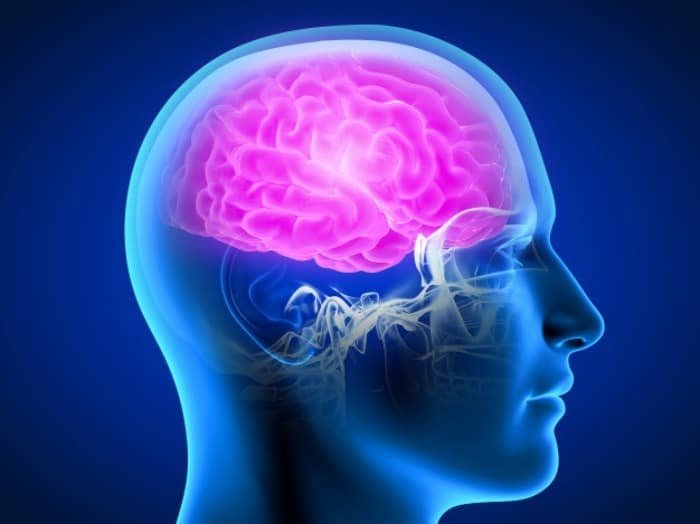Target cells inAlzheimer’s diseasecauses disruption in a person’s sleep.
In the human brain stem, there is a healthy neuron in red on the left side, which releases chemical messages that help keep a person awake. Near this neuron, another cell is shown inbrownand on the right side is a protein that isseverely damaged in Alzheimer’s disease.Alzheimer’s disease destroys the control parts of the brain that maintain alertness, resulting in a feeling of
sleepinessfor the individual. In this news sectionSelMagzwe explained the reasons showing how this disease leads to such a state.What impact does Alzheimer’s have on the brain?

Insomnia and sleep disturbances cannot solely be attributed to Alzheimer’s; sleeping problems can sometimes even lead to madness, which is often triggered by Alzheimer’s. As you can see, this disease can lead to even more severe issues.
Scientists studied the brain stem and the upper structure of the brain known as the hypothalamus.
This part of the nervous system plays a very important role in keeping a person awake and attentive to matters. Problems in the brain stem can be a major factor for
insomniain individuals; scientists have also identified a protein in the brain found in neurons that die and are damaged during Alzheimer’s disease.The Impact of Alzheimer’s on Sleep and the Brain

There are three small areas in the hypothalamus and brain stem that are responsible for keeping the person awake throughout the day. In Alzheimer’s disease, two of these three areas are about 70 percent impaired in their function, which is why people with Alzheimer’s always feel tired, even if they slept enough the night before.
When studying Alzheimer’s disease, we cannot ignore how the brain functions for proper sleep and its progression. By understanding how Alzheimer’s first attacks the brain and damages certain areas, we can more easily prevent further harm.
The Impact of Alzheimer’s on the Brain

In studies comparing healthy individuals and those with Alzheimer’s, this fatigue and sleep disturbances result from damage to two neuronal areas of the brain, both of which have information retention roles. Sometimes, some of these neurons may die due to severe damage. However, the question arises: why do neurons die more in Alzheimer’s than in other diseases?
Recent studies have only been conducted on individuals in the late stages of Alzheimer’s, aiming to find which parts of the brain are damaged in this disease and cause disturbances in a person’s sleep.
Alzheimer’s complications







